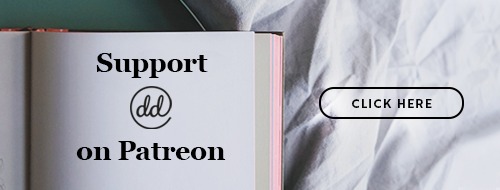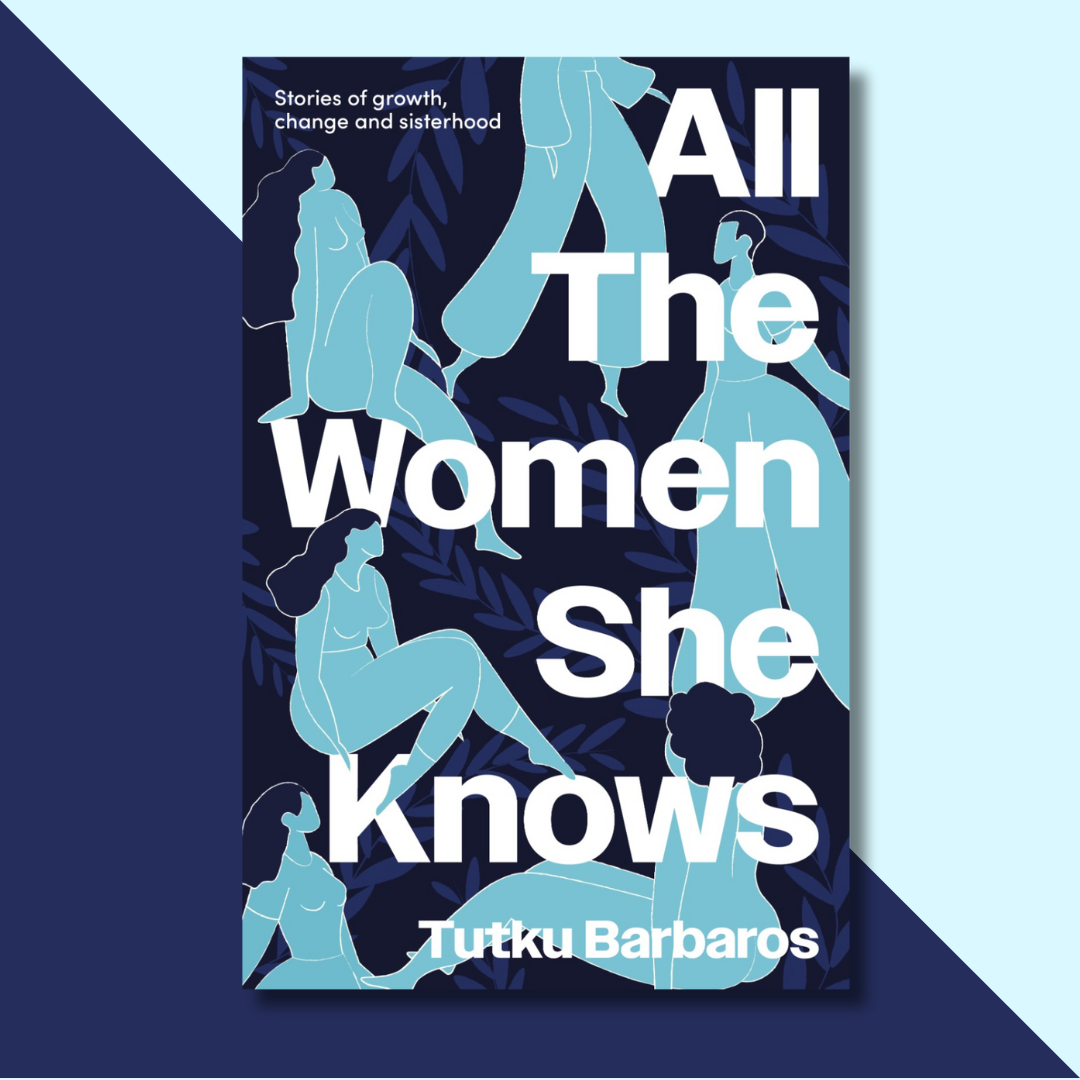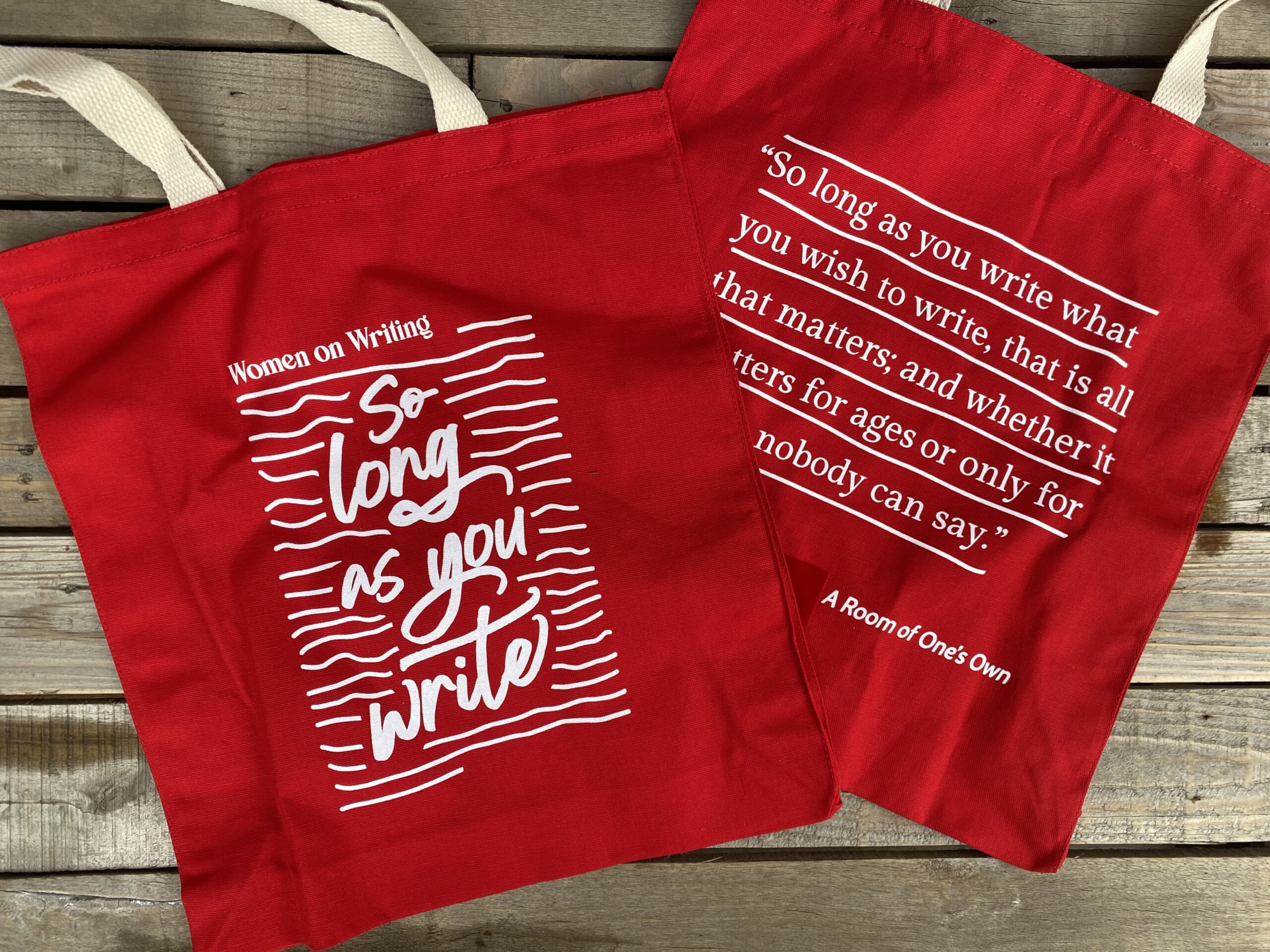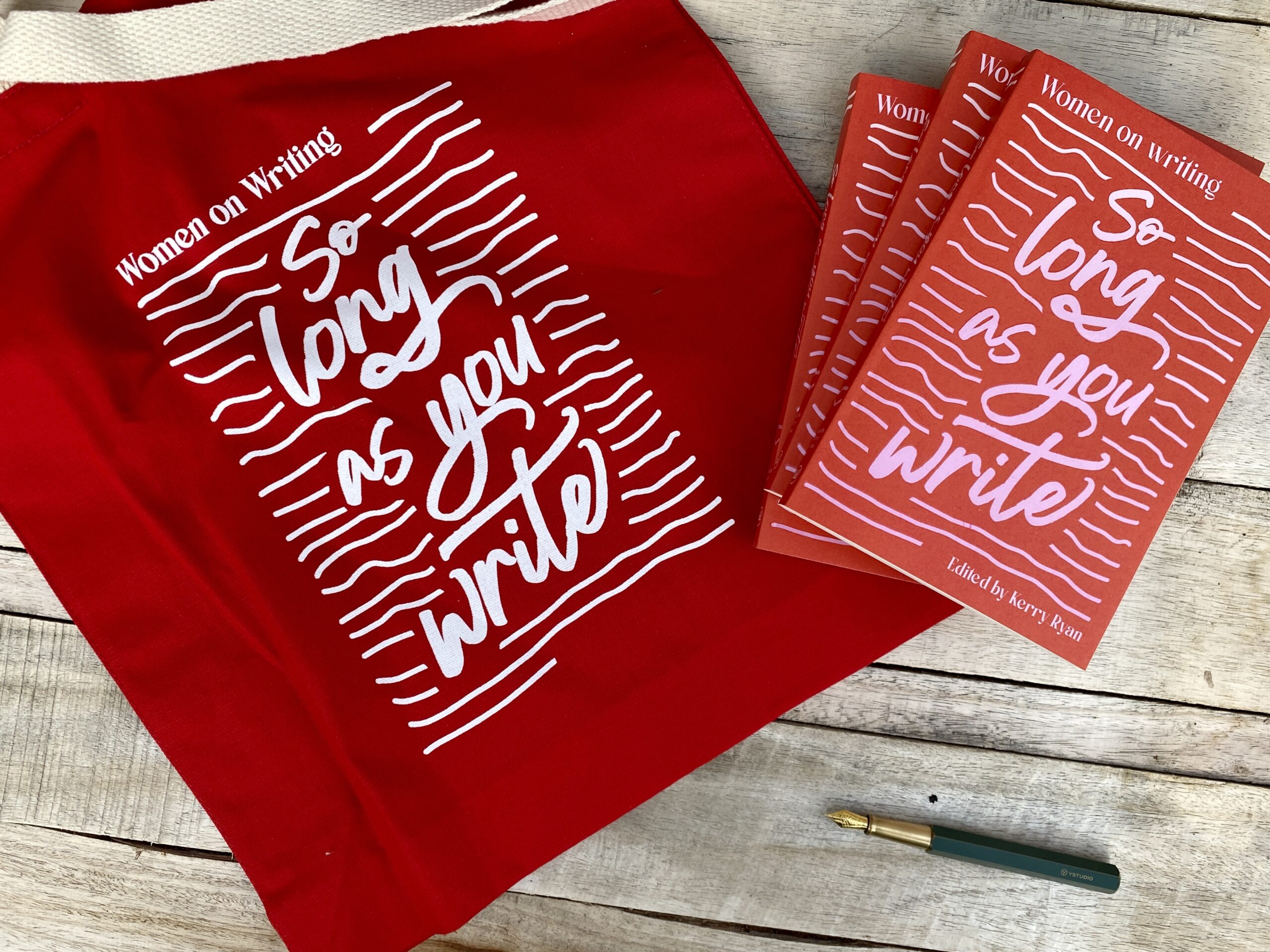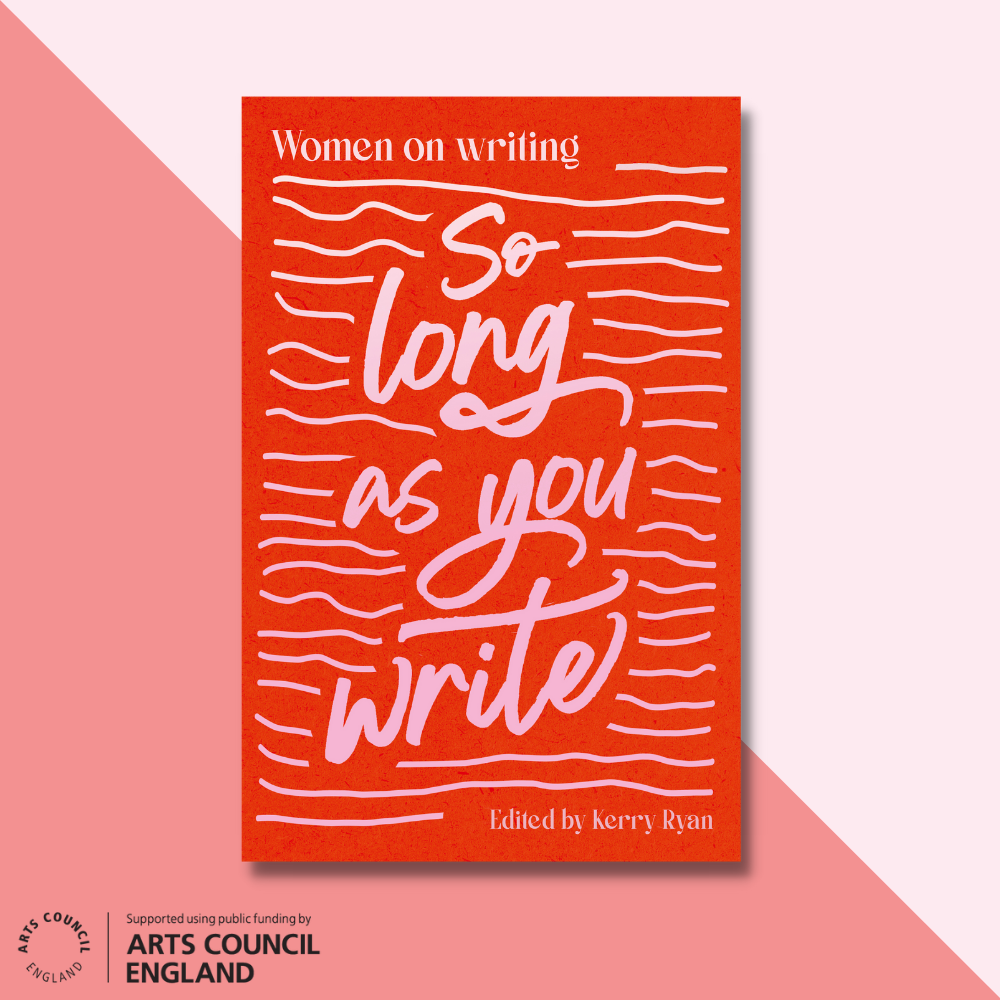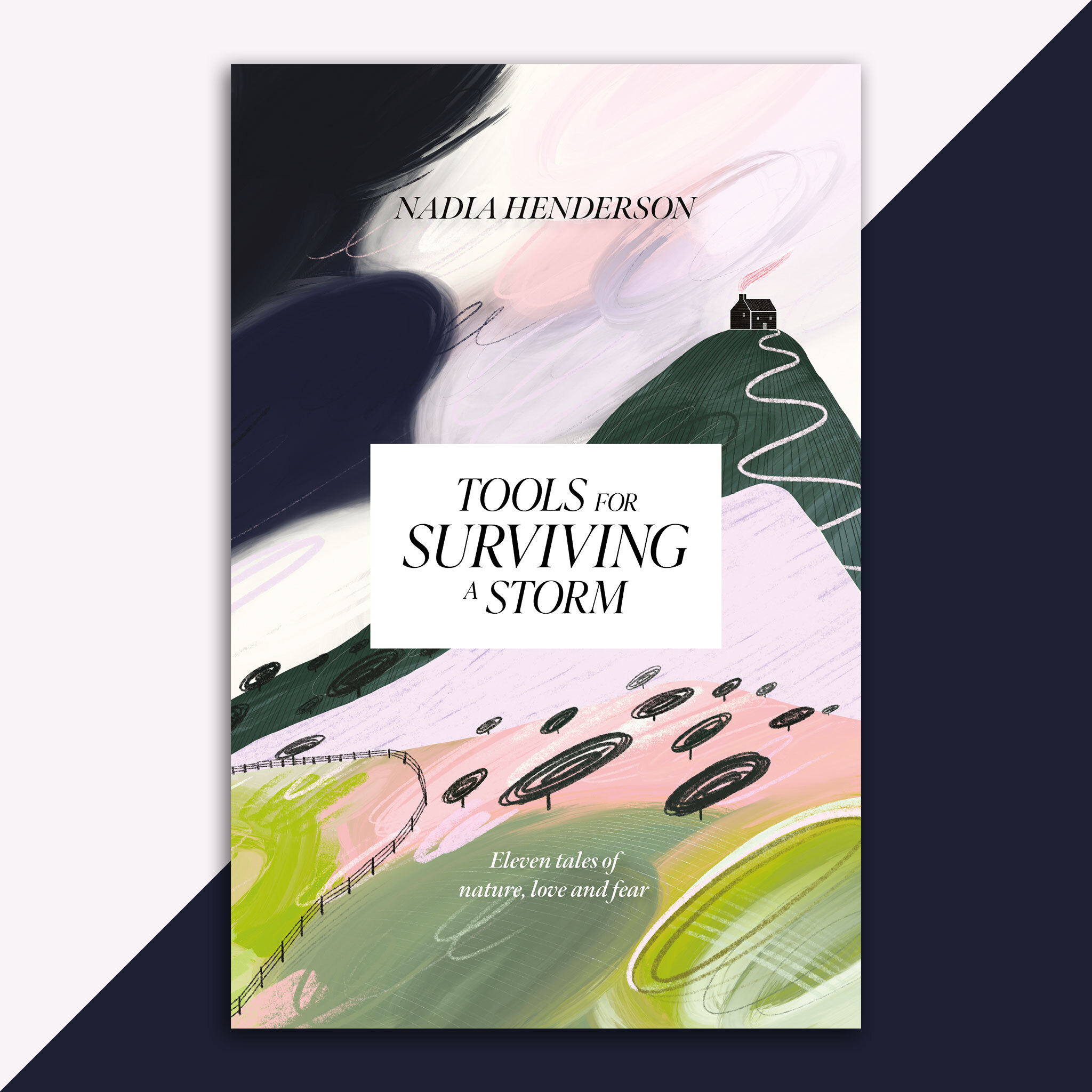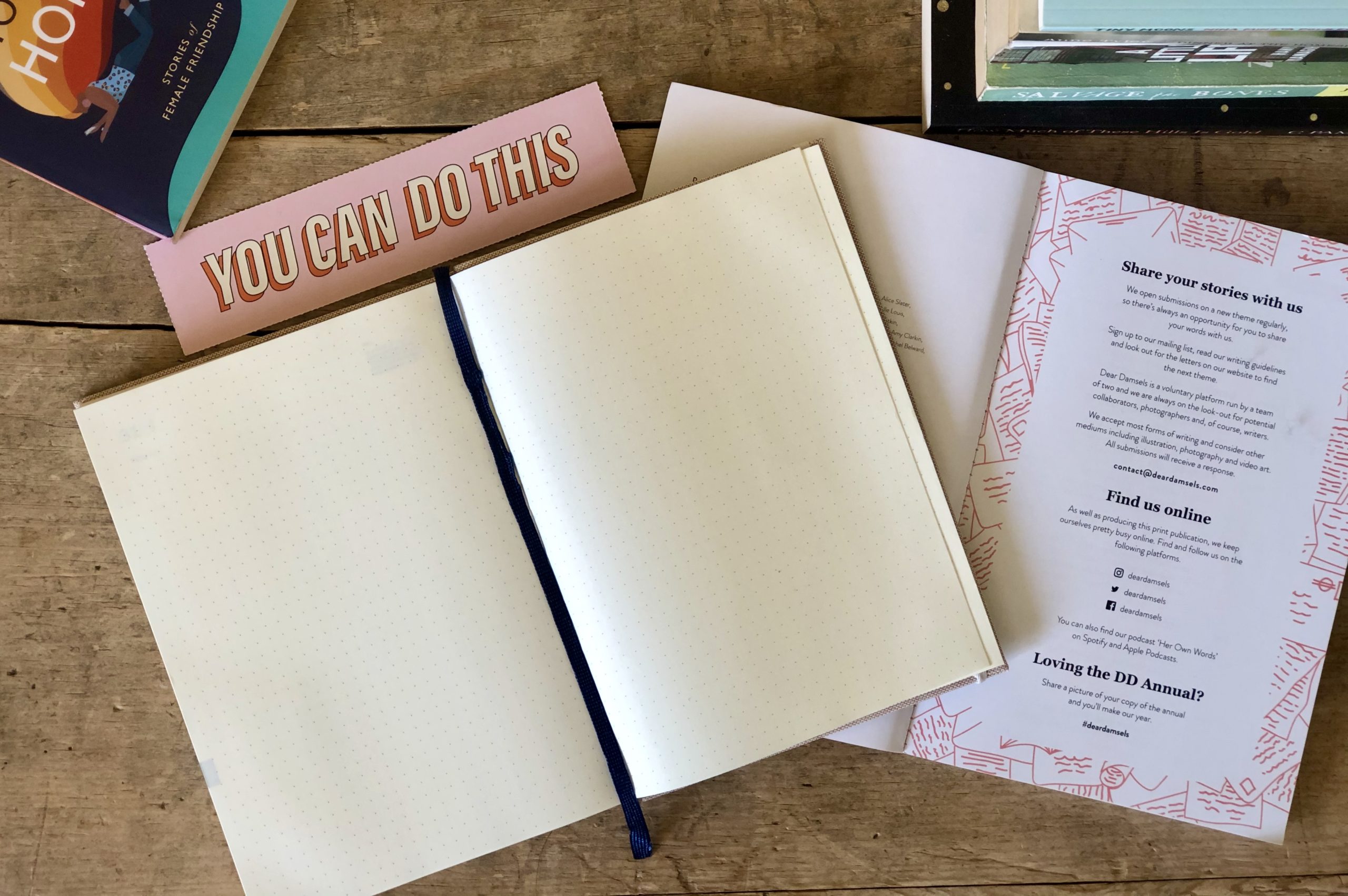DD Blog: Interview with Lucy Cuthew, author of Blood Moon
Nothing pleases us more than when a DD writer goes on to have their writing published elsewhere – which is why we were delighted when Lucy Cuthew’s debut YA novel Blood Moon hit shelves earlier this summer. Written in verse and telling the story of periods, sex and online shaming, Blood Moon has already received praise from the likes of Louise O’Neill and Sara Pascoe, and is helping to change the conversation around periods.
We spoke to Lucy about her writing journey, the inspiration behind the novel and her advice on getting published.
Hi Lucy! Would you mind telling us a bit about your journey to publication?
My first published work was a picture book in 2006, and I went on to write around thirty picture books, educational books and non-fiction texts for young readers. That was the area of publishing I knew best, as I was a picture book editor. But it was 2016, when I was working on my first novel, that I started taking writing really seriously. I read that you should start with short stories, poems and such like. And around that time I remember seeing Dear Damsels announced in The Bookseller and writing to you to ask if I could submit to you. I was so delighted when you published my short story, The Night Train, and so encouraged when you continued to support my writing. It made me feel that it was worth pursing, and though my novel didn’t get me an agent, I wanted to write more novels, and I wanted to learn more about the craft.
I applied for the MA in Writing for Young People at Bath Spa, and it was on that course that I wrote Blood Moon, encouraged by my amazing tutor, Dr Joanna Nadin. After the course, Blood Moon was shortlisted for the Bath Children’s Novel Award, and I signed with my agent, Rachel Mann at Jo Unwin Literary Agency. I worked on the novel with her for a month or two, and then she sent it out to publishers. Walker Books made an offer we couldn’t refuse and I was delighted because I’ve always loved Walker Books, so it was a dream.
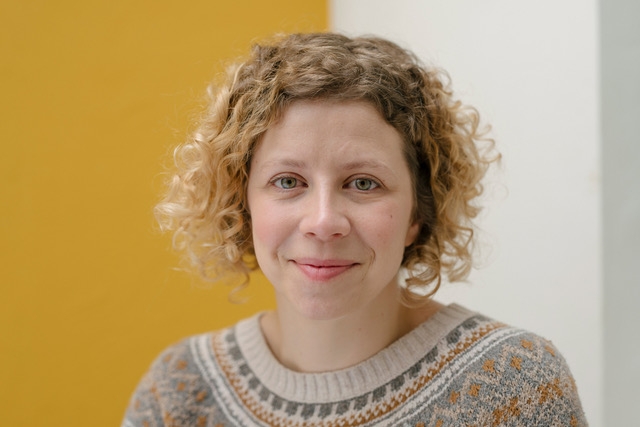
What does your writing life and routine look like now?
Right now, because of Covid, my routine is severely disrupted and I am not a happy writer. I usually take my kids to school, go to a cafe and write for a couple of hours with coffee and snacks. After that I come home and go to my attic room and do something different – emails, reading, cooking, parental admin – and then I either go and pick my kids up, or if it’s not my turn, I write again, or go swimming. When my husband gets home, I usually go back up to the attic room and read what I’ve written, edit it a bit, maybe write some more. I often swap work with other writers, so some of my time is spent reading their notes, or making notes on their work. This is a joyful part of my day. I love reading other people’s work and helping them, and I love the insightful critiques my writer friends offer me.
Since lockdown, everything has changed. I have really struggled without my usual routine and I’m really looking forward to getting back to normality… whenever that is. I know I’m lucky that I can be flexible and because I work from home I’ve been able to be there for my kids, which I’m so grateful for.
?
What advice would you give to someone looking to be published?
Write something good, that you care about. Be bold, be brave, write the truth and write it well. When you’ve written it, get feedback if you can. Get people to read it. Get other writers to read it. Then send it out. Send it to agents, and find out whether they like it. But the first and most important thing is to write something good, that you care about. That’s what agents, publishers and ultimately readers want. On a practical note, I would recommend the Writers & Artists Yearbook, for advice and information on agents and publishing in general. They also run workshops, if you can afford them, but if you can’t the book is an excellent resource.
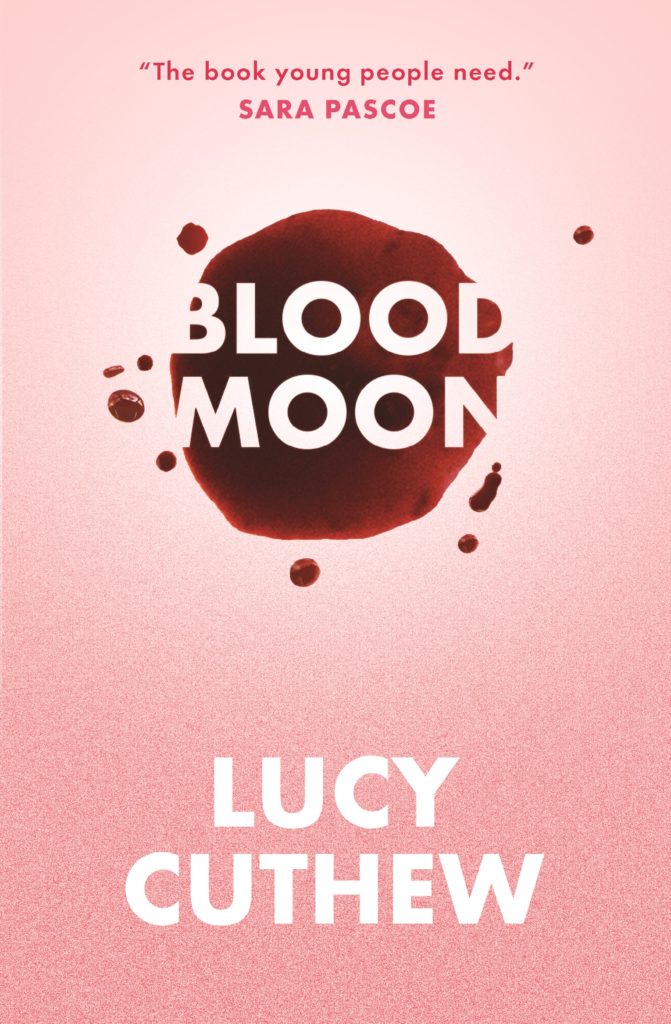
Could you share a bit more with us about Blood Moon, and what led you to write it in verse?
Blood Moon is a YA novel in verse about Frankie and her best friend who are into astronomy and are planning to take a picture of the Blood Moon with their telescope, which is in their treehouse at the end of their gardens. Frankie has a crush on a lovely boy called Benjamin, and she gets her period during her first ever sexual experience with him. Between them they decide it’s no big deal, it’s only blood, but soon a graphic meme goes viral, detailing what happened and she finds herself the victim of a brutal online shaming. It’s about online bullying, girls in STEM, period taboo, slut-shaming and the misogyny of the internet. It’s also about the power of female friendships and resilience.
I love the intimacy and intensity of poetry, so it felt like the right form to write about periods, sex and the devastating effects of online shaming. I love verse novels, which are more common in YA than they are in adult fiction. They often tackle a heavy theme, or important topic – I think because of the power poetry can carry.
What else are you working on now, and where can our audience find you?
I’m currently writing another YA verse novel about the impact of pop culture, society and porn on young relationships. It’s been fascinating research, which has kept me going through lock down. I think your readers would really enjoy Girls and Sex by Peggy Orenstein, and Mind the Gap by Dr Karen Gurney. Girls and Sex is a phenomenal piece of research and writing documenting conversations with 80 or so college students about their experiences of sex, dating, hook ups and more. It is full of anecdotes and stories and very readable drawing patterns, observations and insights about the ways that gender, pop culture, fashion, frat-culture, film, TV and porn play into the sex lives of young women. I highly recommend it as well as the follow-up Boys and Sex.
Mind the Gap looks at societal scripts, myths and expectations that we have about sex. The title refers to the ‘orgasm gap’ from a 2016 study which found that 95% of heterosexual men reported they usually or always orgasmed during sex, compared to just 65% of straight women.
I’m on Twitter and Instagram as @lucycuthew and there’s more about me and my work on www.lucycuthew.co.uk
You can buy a copy of Blood Moon from Hive, Waterstones, Foyles or your preferred independent bookshop.
Read Lucy’s most recent piece for DD, A Way to Be By The Sea.
Dear Damsels is your collective.
We wanted to create a space on our website where you can find out what your collective is doing for you. Whether it’s upcoming events, publications, or podcast episodes, this blog is where we communicate directly with you about what is going on in the world of DD.
